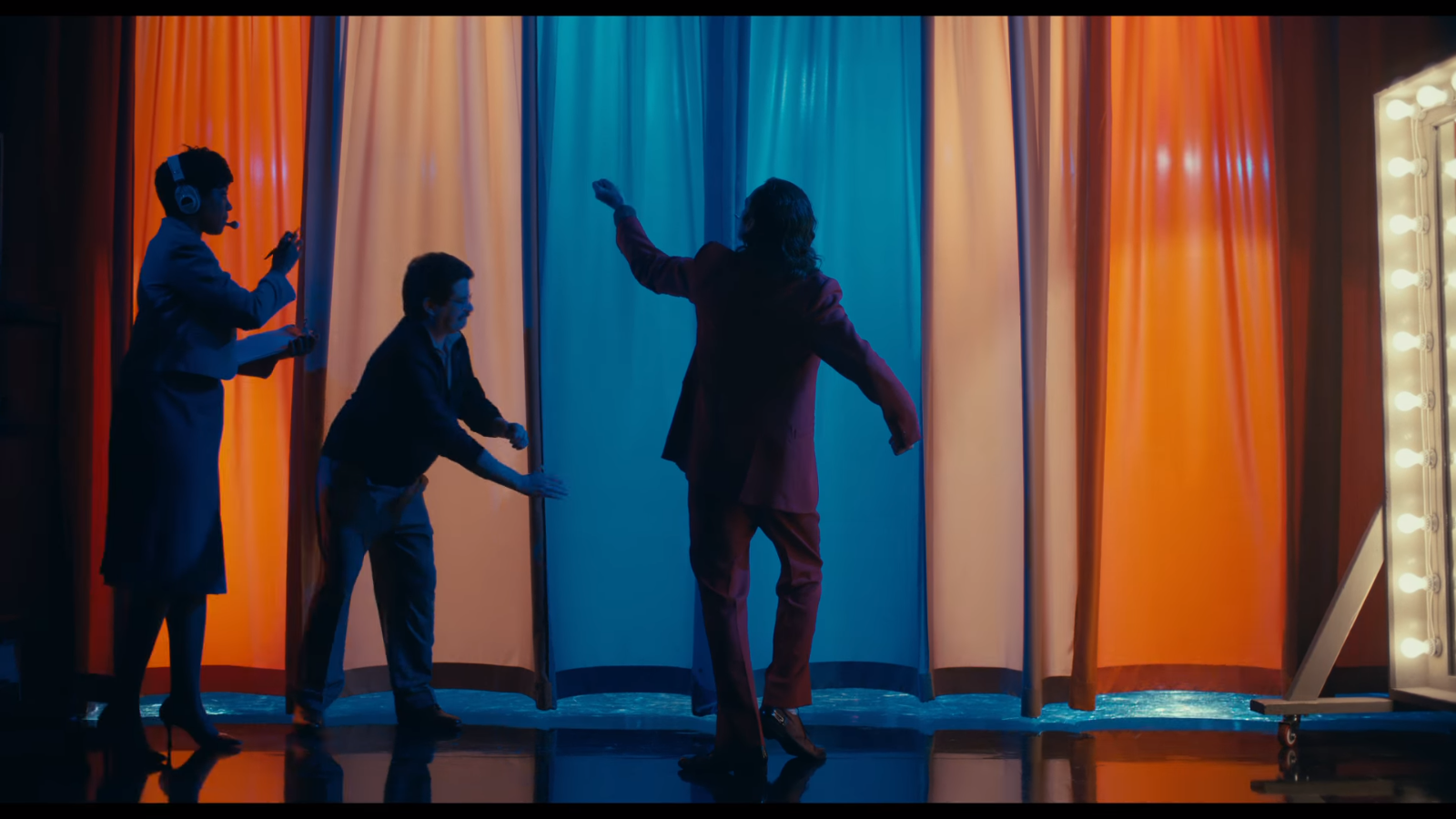This review contains mild spoilers for “Joker.”
“Joker,” directed by Todd Phillips and starring Joaquin Phoenix, Robert De Niro and Zazie Beetz, is one of the most talked-about movies of the year, causing controversy weeks before its release.
However, you can rest easy, as it hasn’t incited riots in the streets or mass violence inspired by the “Clown Prince of Crime.”
What it is is a fascinating and well put together character study in a similar vein to Martin Scorcese films, such as “Taxi Driver” and “The King of Comedy.”
Phoenix plays Arthur Fleck, a man living in a small apartment with his sickly mother in late 70s-early 80s era Gotham City. He struggles to make ends meet due to monetary strain and mental health issues, most notably bursts of uncontrollable laughter that pop up in the most inopportune moments.
He works as a clown-for-hire, and his nature freaks out his fellow clowns and most people he encounters, such as his neighbor Sophie (played by Beetz) and her young daughter.
A series of events unfold that rip Fleck’s mental stability to shreds and bear catastrophic consequences for the city.
It all culminates in a confrontation between Fleck and late-night TV host Murray Franklin (played by De Niro). It’s a tense and bone-chilling scene that lives up to the previous hour and a half of buildup.
Related Articles
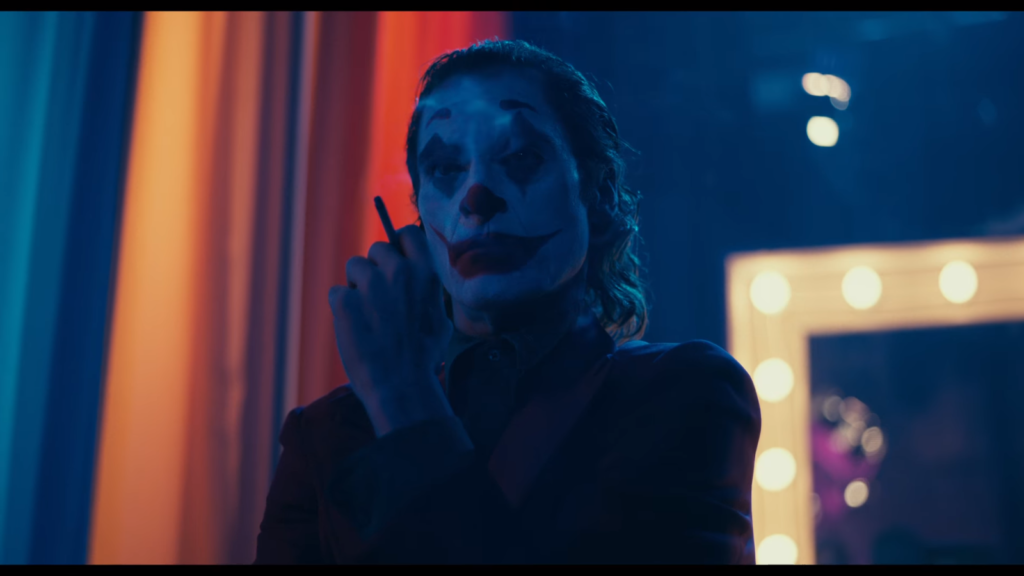
The Degradation of a Troubled Mind
The film is a slow burn, showing how banal Fleck’s existence is, and chronicling his daily struggle with his failing mental state. He longs to make people happy as a comedian, but society (insert George Costanza here) and his own personal issues set him up for failure.
The first hour or so of the film is a bit of a drag, as it hits a sort of checklist of bad things that have to happen to Fleck in order to drive him off the deep end. It’s still all wonderfully shot and acted, but you are kinda waiting for something unexpected to happen.
There is also a plot twist regarding Fleck’s relationship with Sophie that is easy to see coming from 1,000 miles away. Sophie’s involvement in the plot seems unnecessary and dragged the middle third of the movie down.
However, once Fleck begins tracking down the Wayne family and trying to learn more about his origins, the film picks up tremendously and doesn’t look back.
I really enjoyed how this film takes a look at how billionaire Thomas Wayne is perceived by the downtrodden citizens of Gotham and shows him in a much more unflattering light than we’re used to.
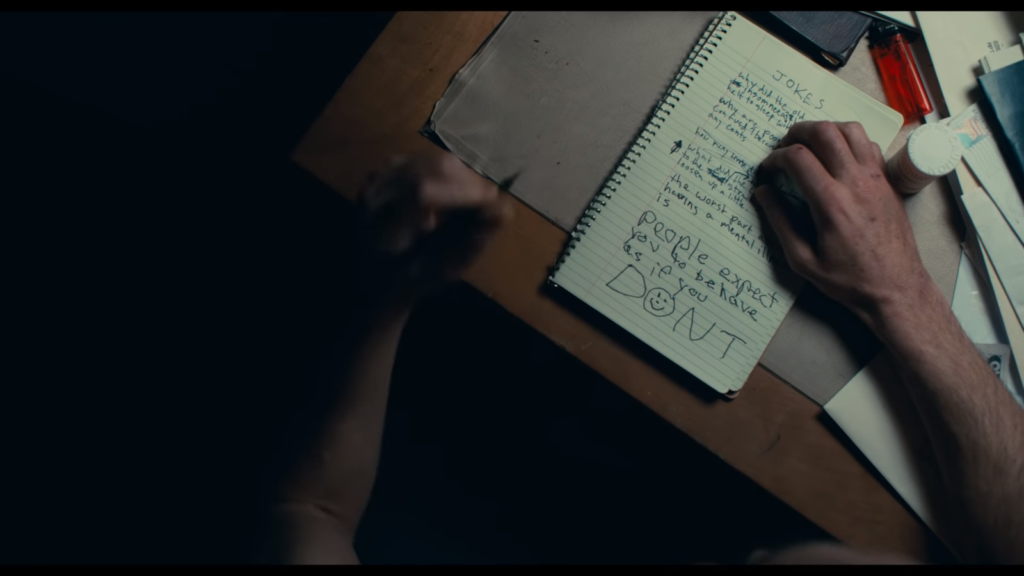
Gotham is a mess, as there is a trash strike, disease and anger run rampant and funding of health institutions is being cut quickly. Adding actions and statements from Wayne that seem condescending to those in peril, and it makes sense that the city is a powder keg waiting to explode.
“Joker” is a difficult movie. It is not for the faint of heart, and it asks some very real questions to its audience. It addresses the treatment of the mentally ill, the responses they are given by politicians and the public and how people in poverty perceive the elite.
And while it touches on those issues, it doesn’t provide a solution to them. The circumstances Arthur Fleck faces aren’t too far fetched from our world in 2019.
This does create a weird tonal disconnect, as we watch the transformation of a man into a monster, and there is no real contrasting character to sympathize with in the end. Franklin is too much of a bully, as he makes fun of Fleck and invites him on his show for the sole purpose of making fun of him, and Thomas Wayne is an uncaring billionaire that reacts to Fleck with little compassion (granted he did attempt to break into his house).
The film’s ending is strange, as it opens the door for a lot of ambiguity on what events in the film were real. It’s a trope I find annoying at times, as it potentially discards and de-values everything that happened in the film prior.
While it does have its problems, the plot of “Joker” stuck with me long after I left the theatre, and it made me want to hug a stranger or send texts to my friends to check on them more than anything else.
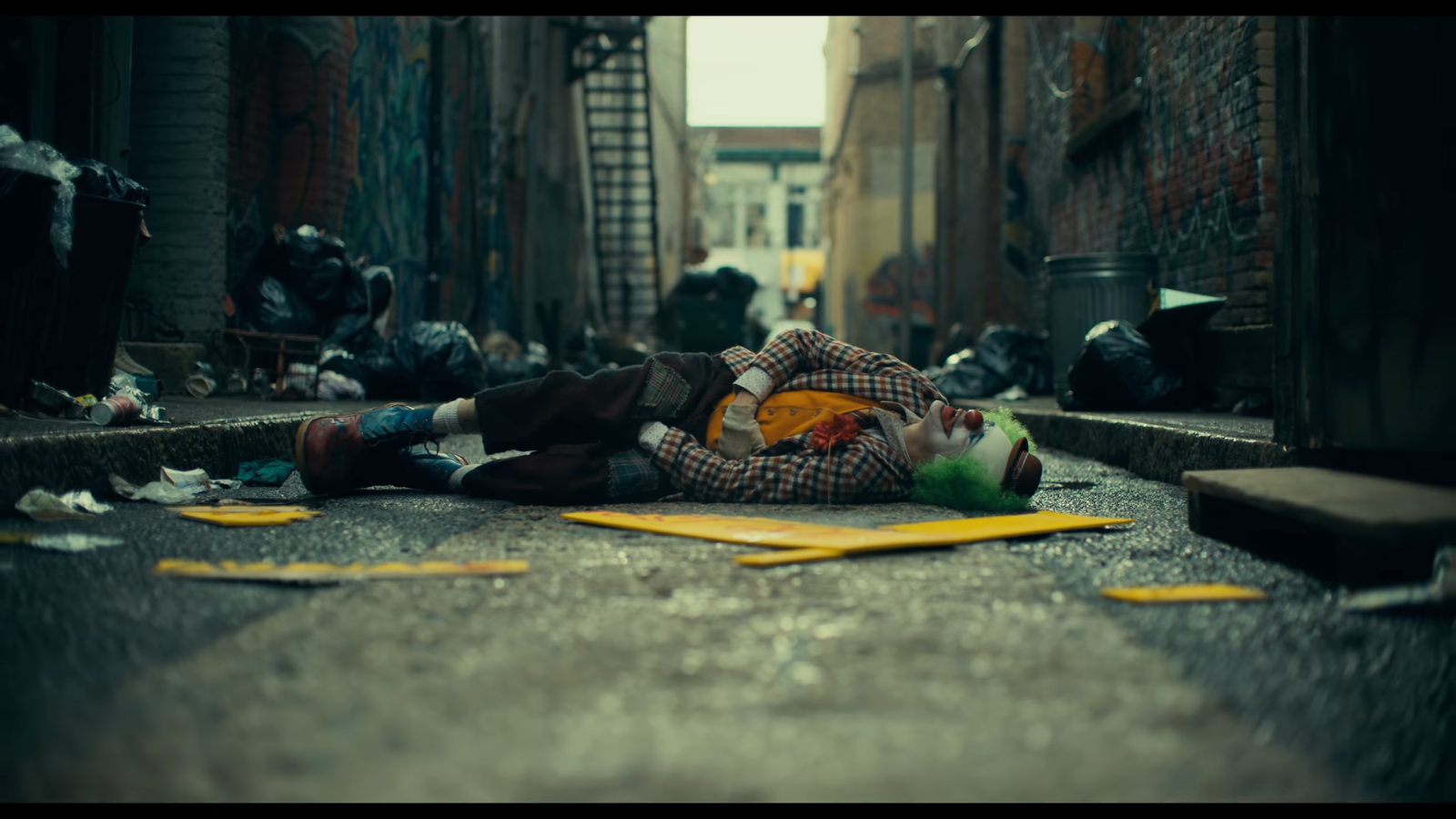
Insanely Well-Crafted
If you’ve read any other reviews or seen any pre-release hype you’ve heard about how great Phoenix is in the role, and it’s true: he is magnanimous.
He is fully committed to the role and manages to project a presence that garners sympathy from the audience, but even in his weakest moments, there’s a hint of restlessness that seems ready to be unhinged at any time.
His version of the Joker laugh is one of the best, as each fit of laughter is tinged with small coughing fits and pained expressions, a balance that evaporates as the film goes on.
Phoenix also made an amazing commitment by dropping 52 pounds to portray the character. This detail makes him look malnourished and some scenes where he is shirtless become quite unsettling. It also explains the strange and manic way in which Fleck runs through the streets. His body flails aimlessly and a large gust of wind may just carry him away.
He puts the film on his back and has garnered plenty of buzz for an Oscar with this performance.
De Niro is no slouch in the film either, as he nails the feel of an old school late-night host like Johnny Carson.
In addition to the story and performances, the cinematography and score of the film is great. The composition of various shots are well done, with vibrant colors throughout and wide shots that convey the dire situation Gotham is in. While some of the material can be hard to watch, it’s still a feast to the eyes otherwise.
The music, on the other hand, amplifies every moment in the film. Composer Hildur GuðnadóttirIt crafts a dynamic orchestral score, heavily utilizing cello.
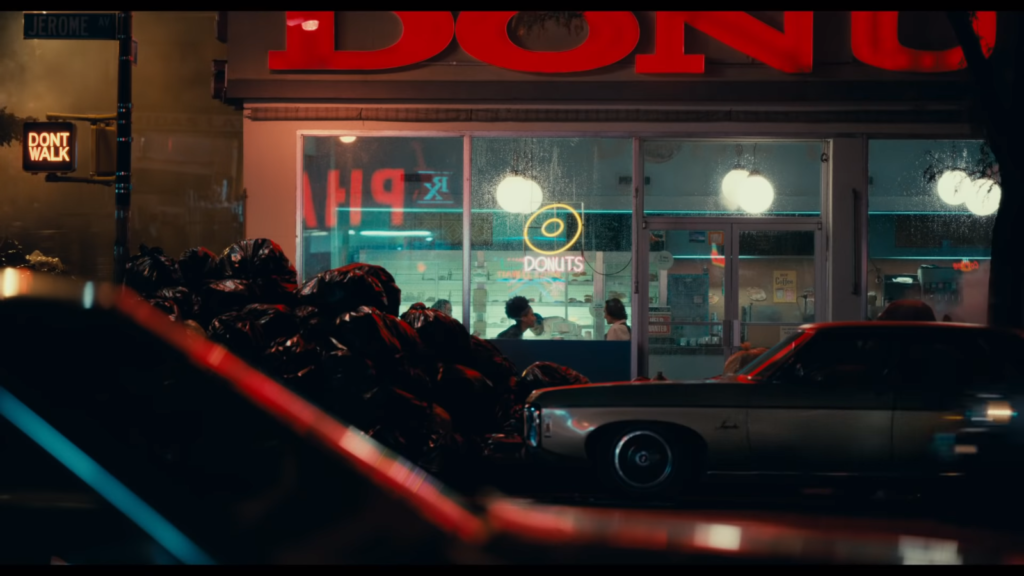
Final Thoughts
Overall, “Joker” seems more like a cautionary tale about how we treat the mentally ill and a statement on how classism affects those on the poverty line, rather than the dangerous piece of incel-inspiring propaganda the media made it out to be.
We are supposed to feel bad about the circumstances surrounding Arthur Fleck’s situation but condemn the actions he takes as the Joker and recognize the many moving parts that led to him becoming a monster.
In that way, the film is fascinating, and the fact that a big-budget, mainstream wide-release movie tackles topics like this at all is unusual and is great to see. Throw in the fact that this is a “comic-book” movie, and it is doubly shocking.
It is a tough movie to watch at times with some very uncomfortable moments, but I definitely give it a recommendation.
Henry Wolski
Associate Editor

